How does acupuncture work? How it helps you?
What is Acupuncture? How does it Work?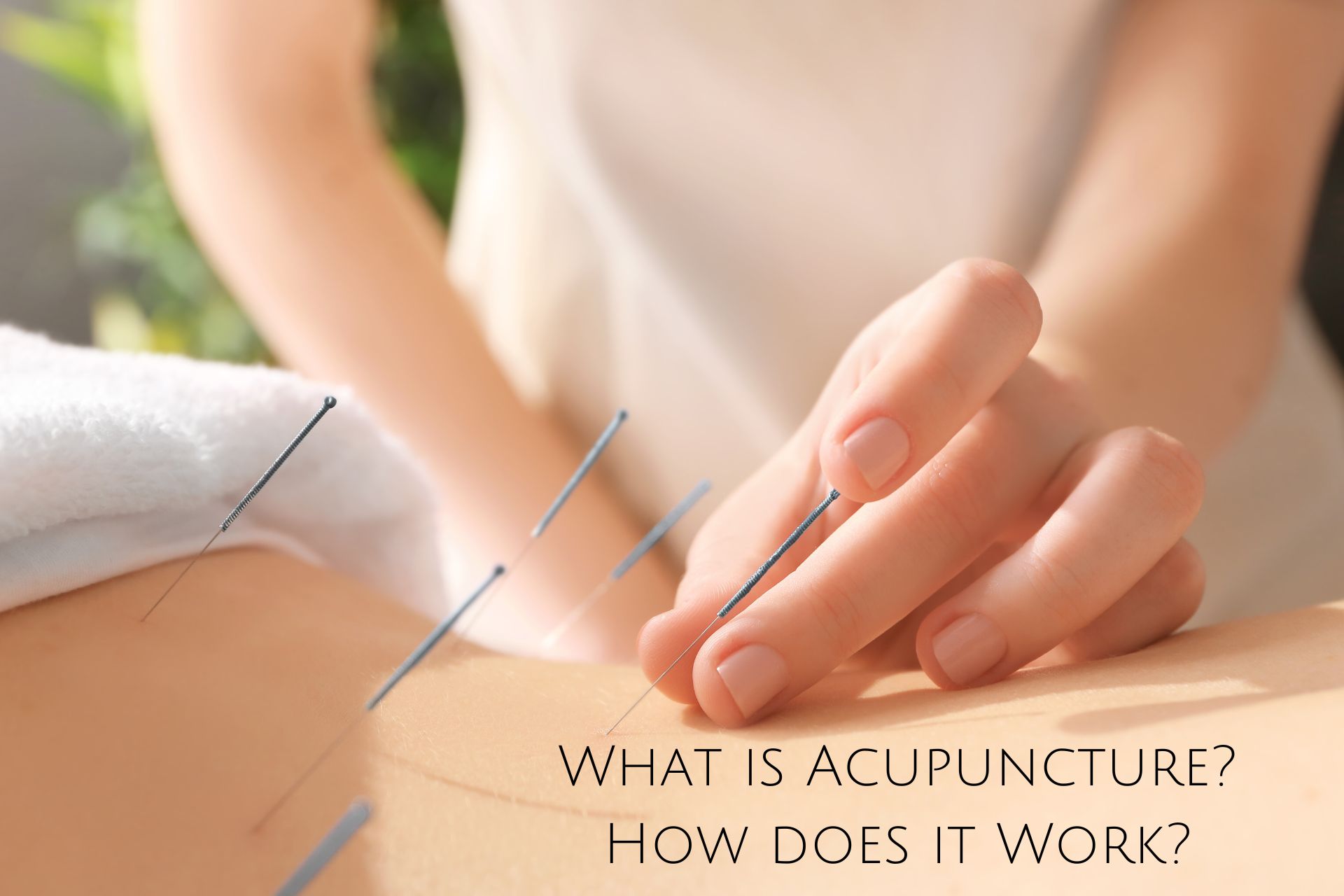
It is an alternative medicine that involves inserting thin needles into the body. It is used to treat pain, reduce inflammation, and treat other ailments.
Acupuncture does not use any drugs or surgical interventions to achieve its effects and is usually safe, with some possible side effects such as bruising at the insertion site and minor bleeding. Acupuncture uses needles and other instruments to stimulate the body's energy flow. It is an ancient Chinese healing practice that involves inserting thin needles into specific points on the body to regulate pain, strengthen immunity, and improve circulation. Acupuncture points are located throughout the body and are connected by channels of Qi energy or meridians. There are approximately 400 acupuncture points.
How it Relieves Pain for Acupuncture: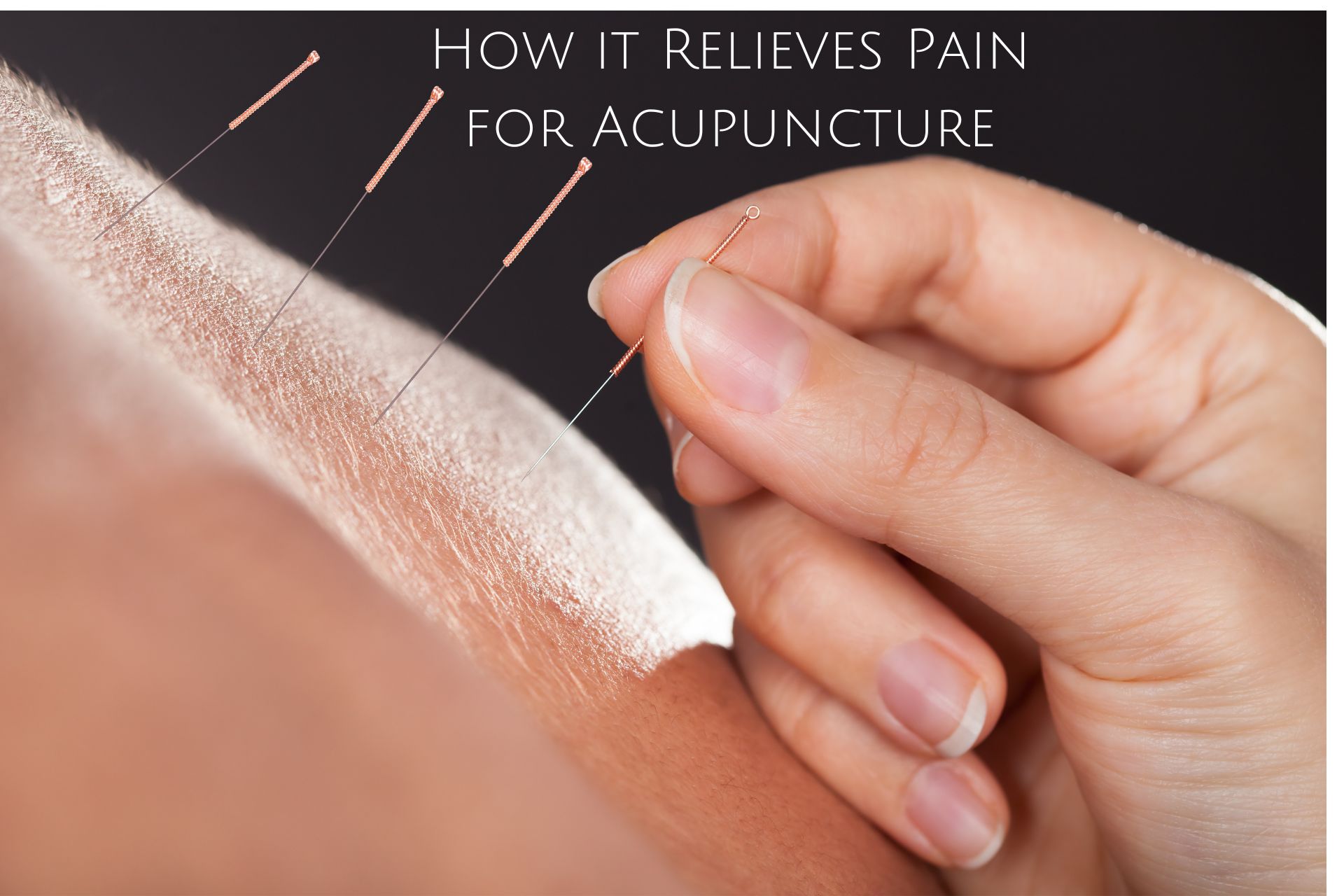
Acupuncture has been around for thousands of years. It is a form of alternative medicine that uses stimulation to the body's meridian points to relieve pain, reduce inflammation, and promote healing.
Acupuncture is a part of traditional Chinese medicine, which is based on the idea that imbalances in energy flow through pathways called meridians. By inserting thin needles into these points on the body, acupuncturists can unblock stagnant energy and restore balance in the body.
It can be seen as an alternative treatment option for chronic pain as it works by stimulating specific nerve endings in the skin that release natural pain-relieving chemicals. In addition to this, acupuncture also helps with muscle tension and spasms.
However, the exact mechanism by which acupuncture works is not clear, and the quality of evidence is low.
How It Works for Chronic Pain:
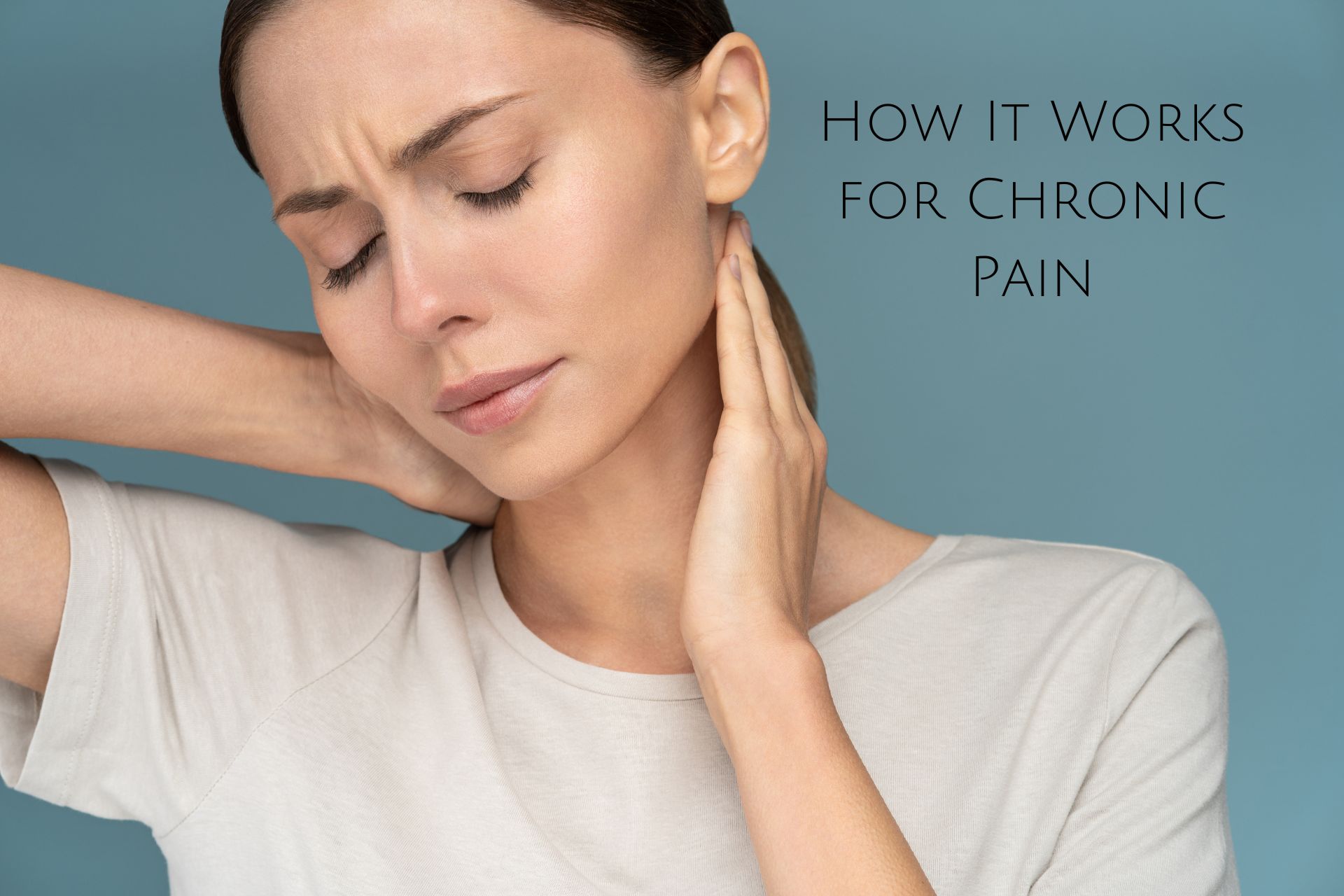
Acupuncture is a form of alternative medicine that is becoming more and more popular. Many people are turning to acupuncture for relief from chronic pain, which is one of the most common reasons for seeking this form of treatment. This process releases chemicals from the brain and spinal cord that can help ease chronic pain. It has been shown to be effective in treating many different types of chronic pain, including:
- Headache
- Migraine Headache
- Fibromyalgia
- Arthritis
- Chronic Fatigue Syndrome
How It Helps with Migraines and Headaches:
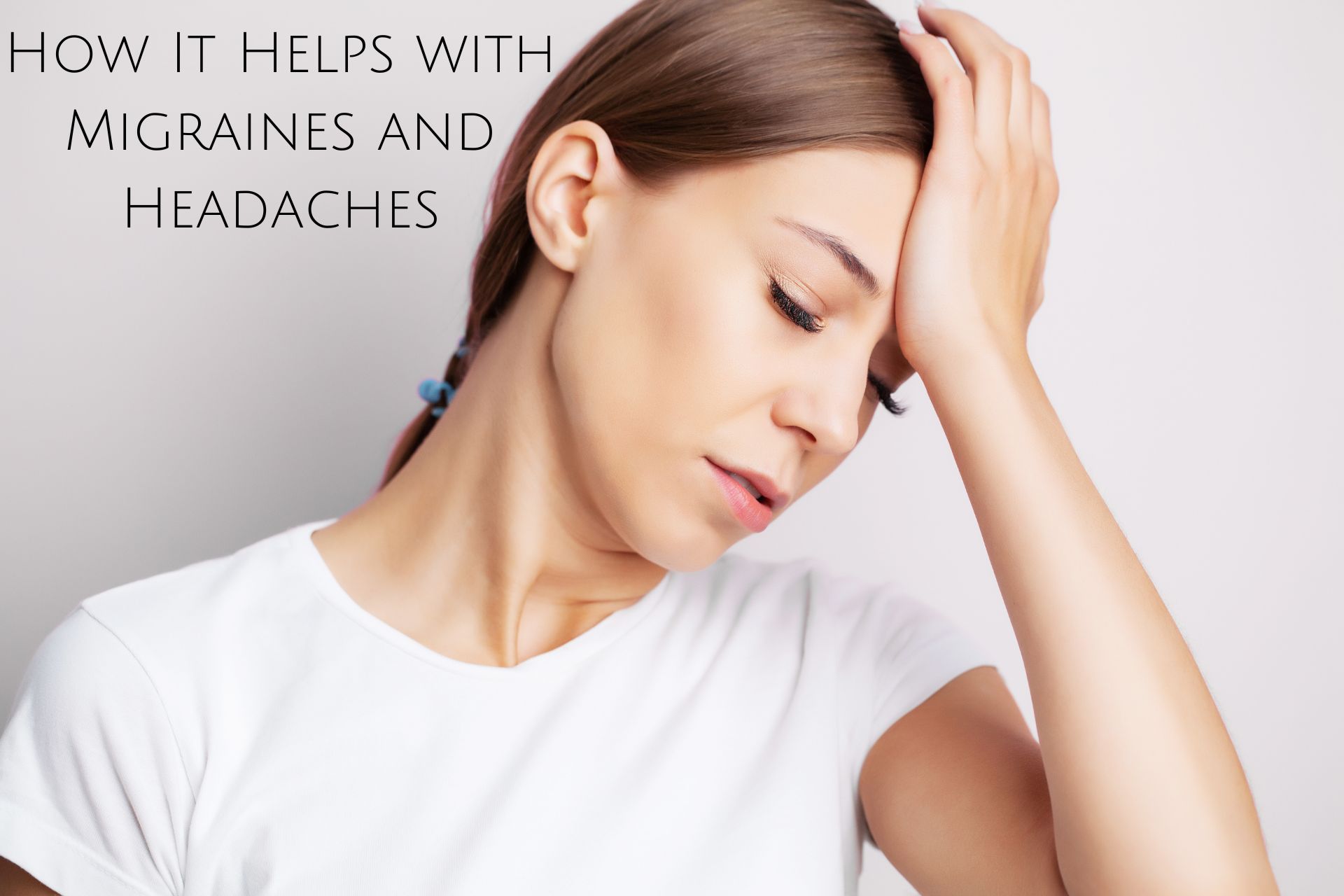
It has been studied extensively in recent years and seems to be effective in reducing the frequency and severity of headaches.
Acupuncture and acupuncture needles have been used to relieve migraine headaches for centuries. The effectiveness of acupuncture is attributed to its stimulation of the nervous system and release of endorphins.
The pain relief from needle insertion is a temporary effect, which can be further aided using other complementary treatments such as massage, heat therapy, and meditation.
Acupuncture has been shown to be effective in relieving migraine headaches. It reduces the frequency of migraines by about 50%.
Things to consider: Acupuncture is not recommended for people who have chronic pain or are suffering from an injury or illness at this time. Pain relief is unpredictable and different from person to person.
Acupuncture Risks: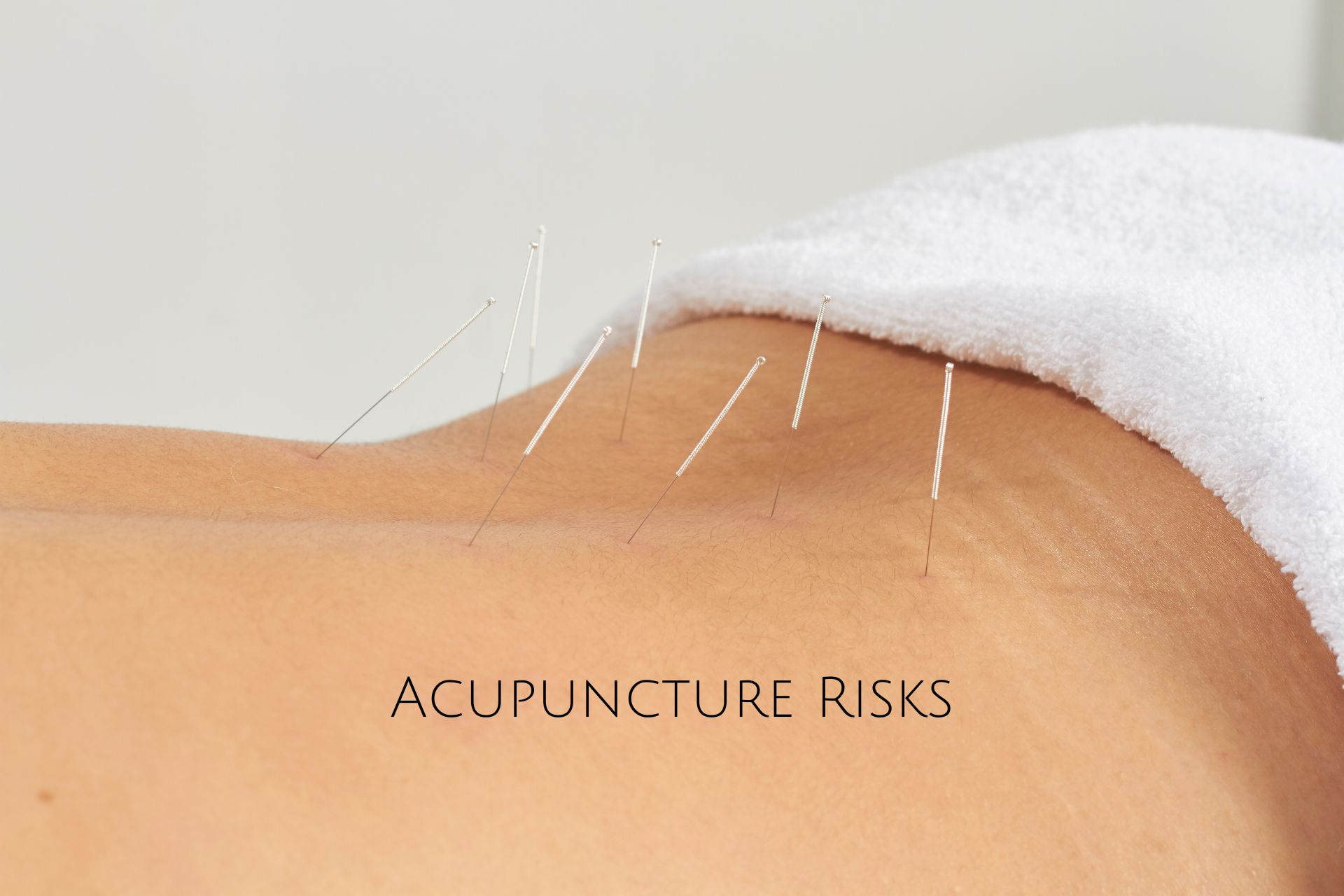
Acupuncture can cause bleeding, infection, nerve damage or even death. If you are pregnant or have any health conditions that you are not aware of, talk to your doctor before undergoing this therapy.
Risks associated with acupuncture:
- Inappropriate use of acupuncture can lead to an allergic reaction or infection.
- There is a risk for infection if not done properly.
- There is also a risk of injury if not done properly.
- There is a risk for the needles to be placed in an unintended or incorrect location.
- Unsterilized needles may lead to infection.
- In rare cases, a needle may break and damage an internal organ.
- Acupuncture may not be effective in some cases.
- The treatment may be harmful if done on someone who does not have medical history or symptoms that need to be addressed.
What are the benefits of acupuncture?
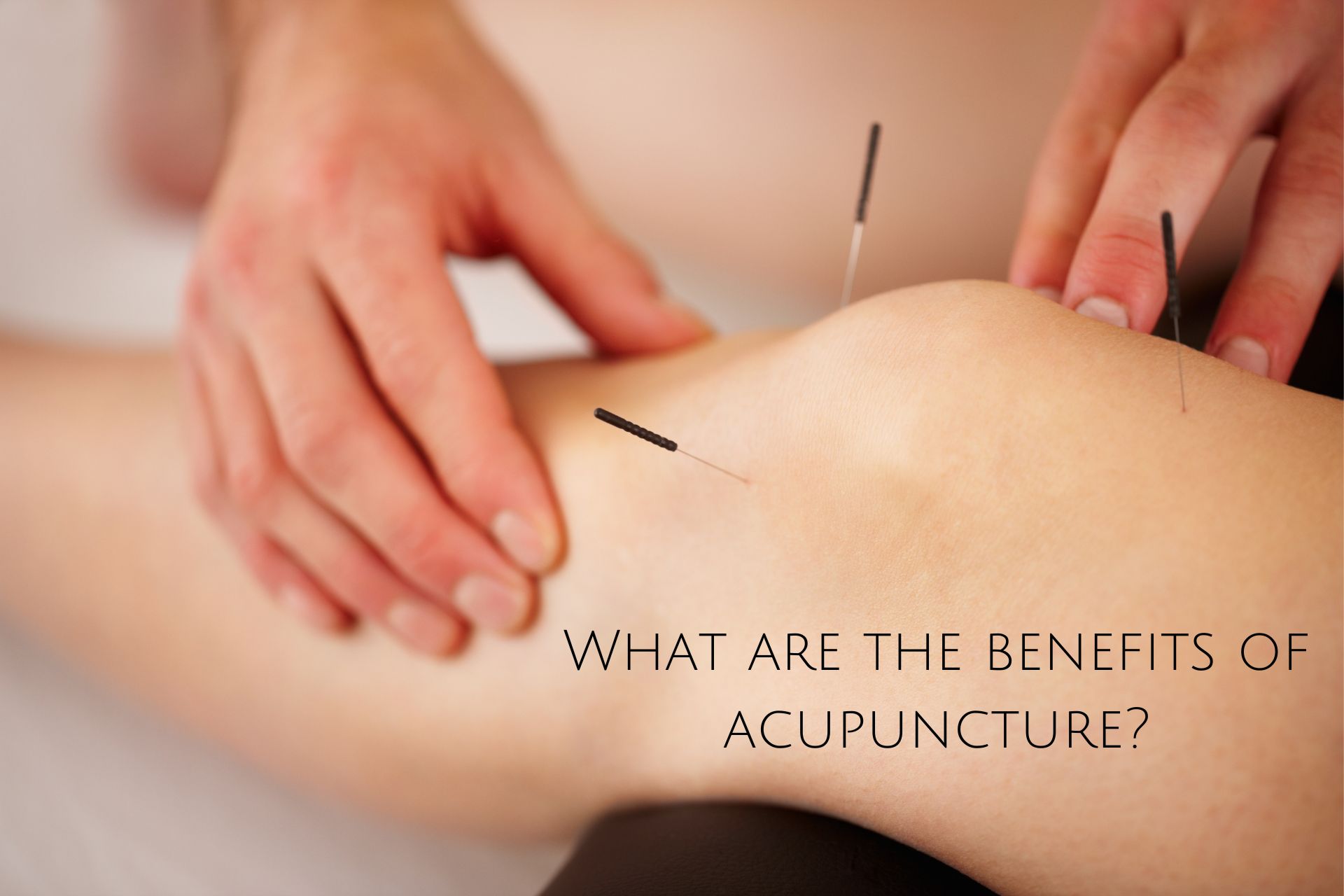
Acupuncture is a popular alternative therapy that can help relieve pain, allergies, and other ailments. Acupuncture involves inserting thin needles into the skin at certain points on the body to stimulate the body's natural healing processes.
Benefits of acupuncture include:
What to expect when you get acupuncture for the first time?
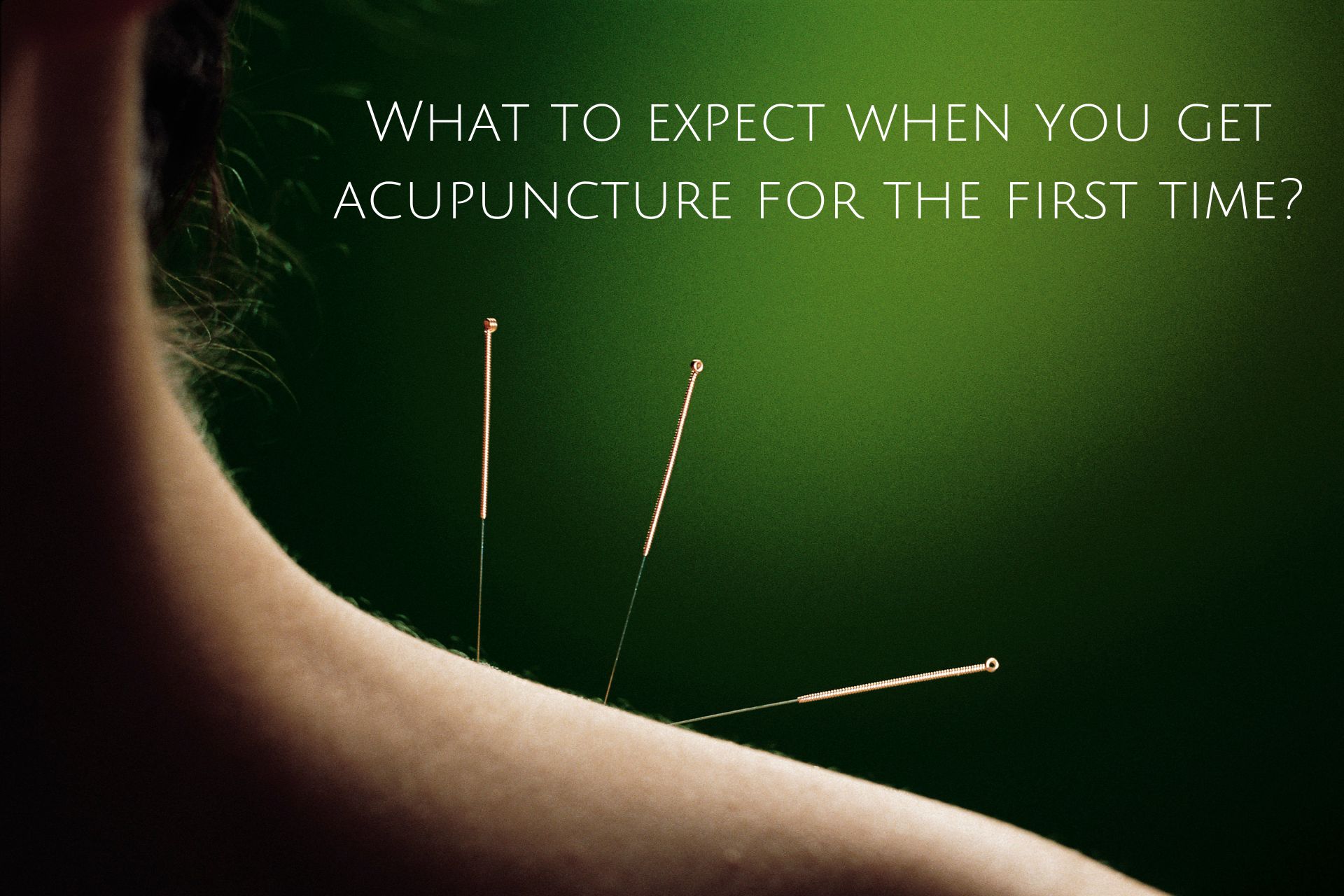
- You may feel pressure or slight pain when the needles are inserted into your skin.
- The needle may be painful at first, but it should only last a few seconds before feeling better.
- You might feel a little nauseous after treatment, but this should go away quickly as well.
- You may feel sensations in the area where you're getting acupuncture, such as tingling or warmth.
- Most people notice some relief after the treatment is finished.
- The needles should be left in place for a few minutes, but they should fall out on their own after time to avoid infection.
Conclusion:
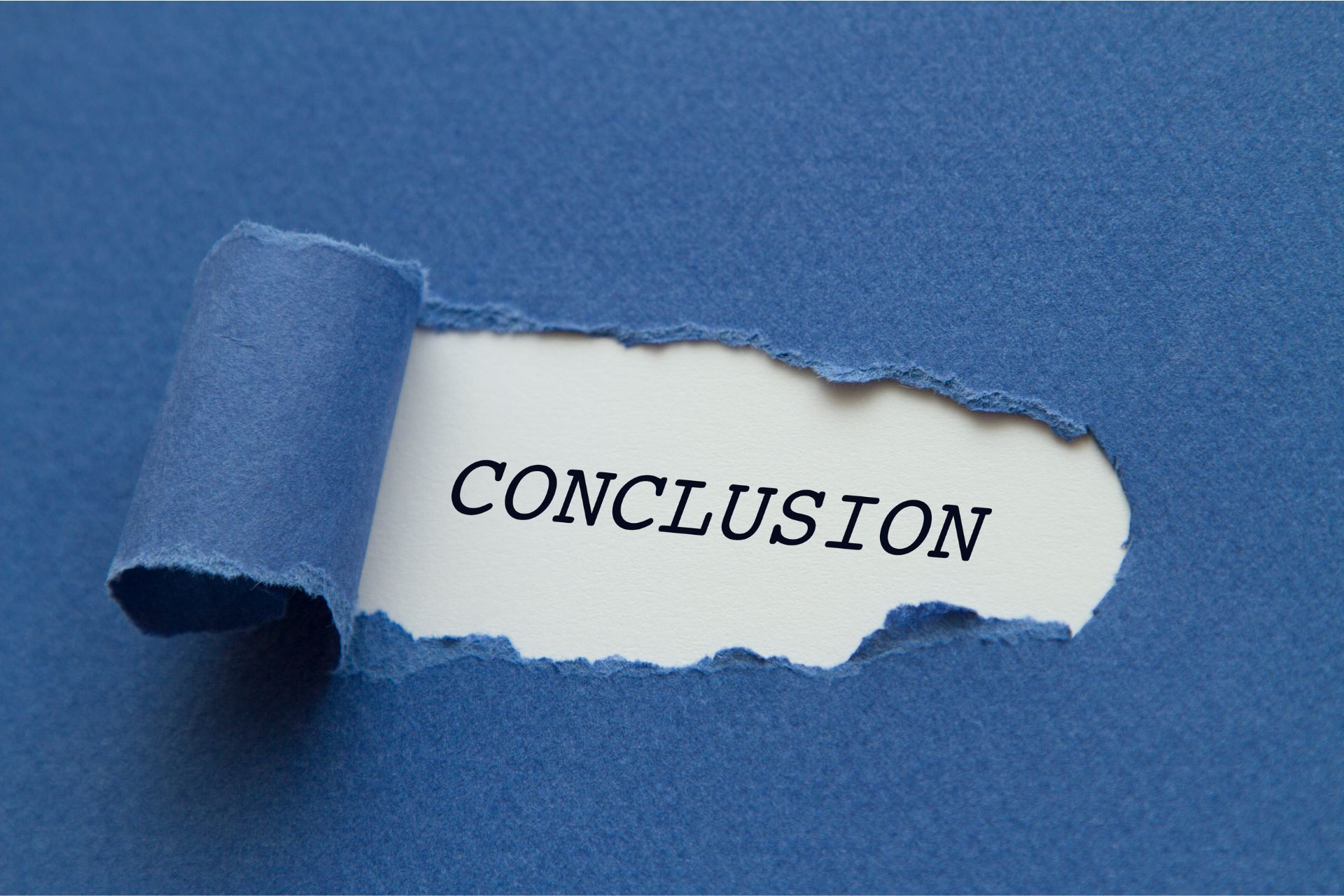
It is an ancient technique that has been proven to be effective in several studies. It can help with pain relief, mental health, and more.
It is widely used to treat pain, infertility, obesity, and other health problems. The conclusion of this article suggests that acupuncture has been proven to be effective for treating pain. The study found that acupuncture is effective for treating pain, as it reduces the perception of pain and improves sleep quality. This article also points out that the commonly cited benefits of acupuncture such as improving mood and reducing stress are not yet conclusive.
The conclusion of this article was that acupuncture can be beneficial to people with certain medical conditions.
Recent Posts
-
The New Generation of Indian Skincare: Bridging Ayurveda and Dermatological Science
Introduction: For millennia, Indian royalty relied on Kumkumadi Taila—the legendary saffron-infused
-
Red Nails vs Pink Nails: Which Looks More Romantic for Valentine’s Day?
Introduction: Valentine's Day approaches, and with it comes the timeless question: red nails or pink
-
The Wellness Valentine: Valentine’s Day Gift Ideas for Health & Wellness Lovers
Introduction: Valentine's Day has evolved beyond traditional red roses and chocolate boxes. In today





